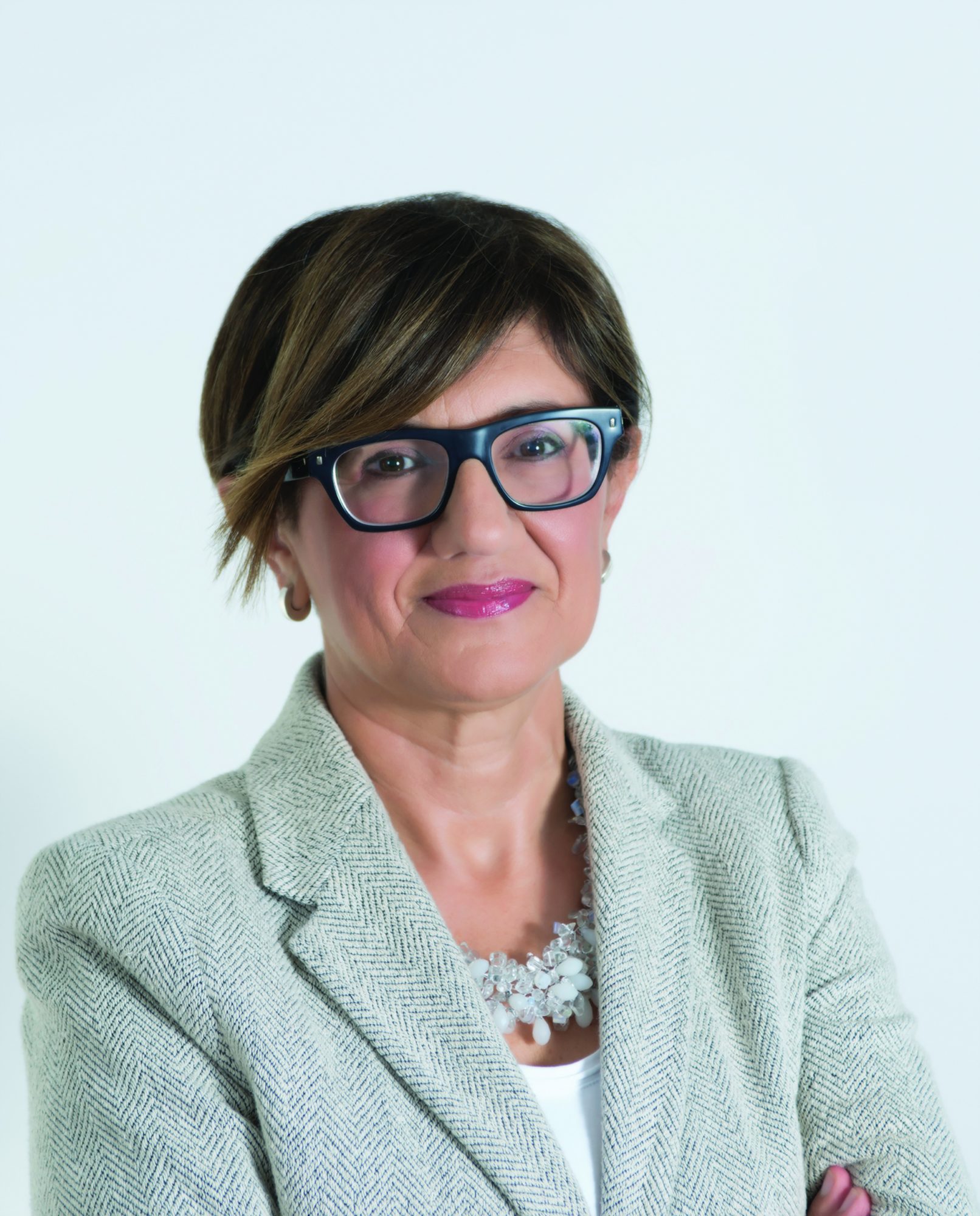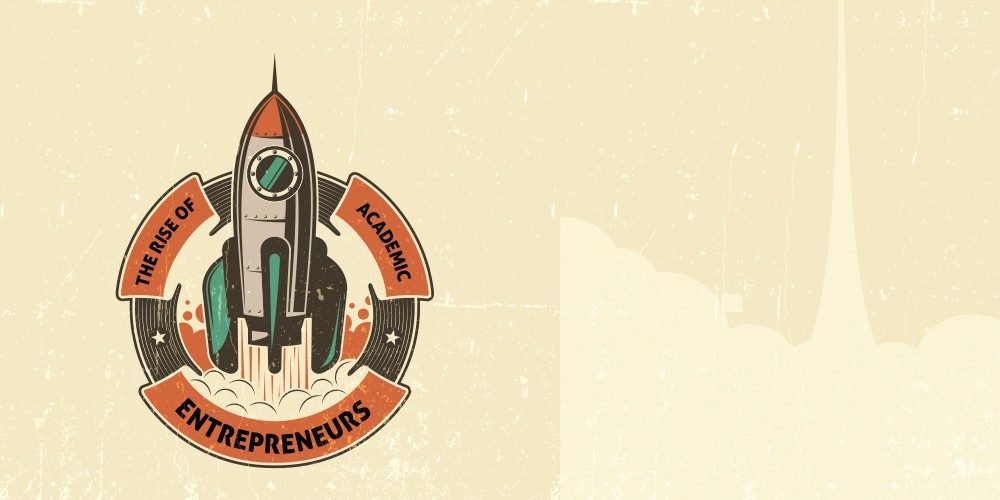Burnout
In airplane safety demonstrations, we are always told to put oxygen masks on ourselves before we help others. If we are not well, how can we help others efficiently? Dr Patrick Barbara writes about burnout among Malta’s mental health professionals and what we can do to resolve this worldwide issue.
Mental health professional ‘Joe’ works in the Maltese hospital’s services. He feels emotionally drained and at the end of his rope. In the morning, he wakes up dreading his workday. The passion for it has dissipated. Maybe, he thinks, it’s time to quit.

Dr Aloisia Camilleri and I explored the concept of burnout in professionals working within our mental health system. The research project itself was born from the notion that to support those who need care, service providers themselves need to have good mental health.
To understand job-related burnout, it is best to see it as a spectrum. People can be happy, satisfied, and fully engaged, or they can be completely disinterested and disengaged. This framing helps us understand that there are differing degrees of burnout, while also highlighting that different definitions of burnout can lead to different results.
In our research, burnout was defined as a process where a person’s psychological resources are gradually depleted as a result of prolonged stress at work. This then manifests in emotional exhaustion, depersonalisation, and loss of personal accomplishment. The person feels worn out, fatigued, detached, and cynical about their job. Ultimately there’s a sense of inability to cope, and low morale sets in. This is the ultimate lose-lose situation where both the employee and the patients suffer as the organisation loses efficiency.
For the study, we invited 322 professionals to participate anonymously. The roles they occupied varied and included psychiatry doctors, nurses, occupational therapists, psychologists, psychotherapists, and social workers. In the end, 230 agreed to answer our standardised questionnaires. The results were in line with those of similar studies conducted abroad.
Emotional exhaustion scored highly (40.4% of respondents), as did poor personal accomplishment (30.4%). A fifth (18.3%) experienced high depersonalisation levels, while 13.9% scored high on all three features of burnout.
What causes burnout is complex and difficult to explain. The healthcare environment and the systems operating within it do tend to put healthcare workers at risk. They suffer from time pressures, emotional intensity, role conflict, and difficult relationships between employees and management.
Research suggests that people at risk of experiencing burnout often experience a mismatch between their personality and abilities and the role they are in. This mismatch is subjective, depending on the individual as much as it is related to any particular job. So while it can mean that a person has chosen a job outside of their natural abilities, it can also mean that there may be a discrepancy in expectations between the person and the organisation. So this is not just an issue of too much work. Other central elements include control, values, community, fairness, and rewards.

To prevent or resolve some of the issues associated with burnout, people need to have a sense of control at work. They need to feel rewarded (not just financially, but also socially) and treated fairly. They need to feel that they are part of a community that communicates in a civil manner and shares the same or at least similar values. Since this job-person mismatch is a subjective experience, a positive outlook towards work also helps avoid burnout. Our research showed that people who have a better ‘match’ in one factor tend to score better in the other factors as well.
So how can burnout be addressed? Awareness is the first step towards recovery. Education is essential for people to recognise and identify burnout. Practising mindfulness can prove to be an excellent tool for anyone. By becoming more in tune with our own thoughts and emotions, evaluating them in a non-judgemental way, we can avoid falling down the slippery slope towards an unhealthy mental state.
Keeping boundaries and a correct work-life balance is another point. Having time for life outside work and being passionate about other activities is critical. Whether it’s exercise, writing, or creating art, cultivating other interests keeps our worlds varied and occupied. It creates a situation where there are other things to focus on when difficult times come.
From an organisational perspective, we need to work harder to recognise that employees are the most important resource at any workplace. They need to be supported and involved in decision making as much as possible.
Burnout is linked to other mental health conditions such as depression and anxiety. Any employee who experiences mental health problems that impinge on one’s life must feel that they are not alone and help is available. Most people spend the majority of their day and life at work so we need to make sure that it is experienced as positively as possible.
A multi-disciplinary life
Winner of the National Book Council’s award for Best Novel Loranne Vella has enjoyed an eclectic career, spanning literature, teaching, translation, and theatre, then circling back to literature again. But as Teodor Reljić discovers, her journey across creative modes had its roots at the University of Malta.
It’s not every year that the National Book Council dishes out its annual Best Novel Award to a work of time-hopping speculative fiction. But that’s exactly what happened last December, when Loranne Vella won the award for her novel Rokit (Merlin Publishers), which details the journey of Petrel, a Croatian youth who travels to Malta in search of his family roots, only to find an island ravaged by climate change.
‘With Rokit, Loranne Vella distinguished herself with another prize-winning novel that crosses genre boundaries between adult and young adult fiction,’ wrote National Book Council Chairman Mark Camilleri.
Such a dense and knotted work suggests hard creative labour, which Vella confirms, pointing out that the novel took five years to put together. But one shouldn’t assume that Rokit was all that commanded Vella’s attention in those years, nor that writing is her only chosen pursuit. In fact, she says the process left her hankering to return to performance.
‘I was interested in merging my two artistic passions and experimenting with various possibilities,’ Vella says, explaining how this want led to the Barumbara Collective in 2017, ‘which focuses on collaboration with artists from different spheres.’
As it happens, Vella being awarded the Book Council prize directly coincided with a Barumbara Collective project—the multi-disciplinary performance Verbi: mill-bieb ’il ġewwa.

And while Verbi certainly had a role to play in refreshing Vella’s creative muscles in the here and now, it also channelled key elements of her past experience. The Barumbara Collective is only the latest iteration of Vella’s involvement in the performing arts. The still-active Aleateia Theatre Group was her first and most significant project, beginning as a student project in 1992 and resulting in a generous number of experimental performances held at the Valletta Campus Theatre throughout the nineties and noughties. Vella performed, trained other actors, and documented the group’s progress.
The Barumbara project brought more deep-seated memories back to the fore. ‘With Verbi, I wanted to involve university students from the Department of Digital Arts and the Department of Theatre Studies, seeing how the project was an interdisciplinary one where visual arts, performance and literature come together in one performative installation. I can truly say I was amazed by the hard work done by the students who collaborated. Their enthusiasm reminded me of myself as a student back in the 90s.’
Vella’s own student enthusiasm did not come as immediately as all that, however. While she is now secure in her three-pronged role as writer, performer, and translator (also acknowledging her former role as a lecturer), forging an early path as a student meant first squinting through the fog.
‘It took me quite a while to figure out which were the right subjects for me,’ Vella confesses. ‘Before ‘91, I had spent a year struggling as a BCom student. This course was definitely not for me, contrary to what my teachers and counselor advised me at the time. Before that, I had registered for the one-year-long Foundation Course at university, intended for students like me who couldn’t make up their mind… for a while I was even considering Law…’
It was then that Vella learned about the Theatre Studies Programme, though a couple of years still had to pass for her to take the leap.
‘I guess I finally decided to choose what I was interested in, rather than think too much about what my future profession or career should be.’ The choices in question were Theatre Studies and English, subsequently opting to specialise in Theatre until she finished her MA in 2000.
‘Everything about me, since then, revolves around these two disciplines: theatre and literature.’
These pursuits became an active part of student life for Vella, who loves to turn her passions into more tangible projects. Vella collaborated with fellow Aleateia member Simon Bartolo in establishing Readers & Writers, a literary journal which featured original prose, poetry, and literary criticism. Running for five editions, the journal sowed the seeds for Vella’s future literary output.
‘I was still writing in English back then. It took me almost ten years to start writing stories again, this time in Maltese.’
The breakthrough came in 2004, when Vella began writing the first chapters of what would eventually become Sqaq l-Infern, the first volume of the It-Triloġija tal-Fiddien, together with Simon Bartolo. Like Rokit, the trilogy would be published by Merlin Publishers, and it managed to hit a fresh nerve in the local literary circuit.
Aimed at young readers, the trilogy proved to be a ‘Harry Potter moment’ for the Maltese literary scene. Gr

aced with eye-catching covers by renowned illustrator Lisa Falzon, its mix of local folklore and coming-of-age yarn was met with excitement and healthy sales. The trio was completed by the novels Wied Wirdien (2008) and Il-Ġnien tad-Dmugħ (2009).
‘By the time the third volume came out, Fiddien had a huge following,’ Vella remembers, observing how the trilogy also marked her first shift from theatre to literature. Another influence on this decision was her move to Luxembourg to work as a translator at the European Parliament. The next step in her literary output came in the form of MagnaTMMater, a young adult work of dystopian science fiction published in 2011.
But there was yet another step in the interim to all this—Vella’s stint as a lecturer. For five years, she taught at the University of Malta’s Department of Theatre Studies. ‘This gave me the satisfaction of examining this reality from the opposite side, working with students while keeping in mind the difficulties I had encountered myself.’
Vella had cut her pedagogical teeth much earlier. Right after graduating with a BA Hons in Theatre Studies, Vella taught Drama and English Literature at St Aloysius College. ‘Although I had not studied to become a teacher—it was the last profession I had in mind—I had the right background to teach these two subjects. After a few years at the college, I was teaching only the literature part of the English courses, and I also became responsible for directing the annual school concerts, which became bigger and more ambitious every year,’ Vella says, adding that her time as a teacher left her with many ‘proud moments’.
‘The best of these was perhaps the mobilisation of almost the entire body of students to put up a large scale performance—with orchestra, choir, side-acts, chorus, intermezzo, and all.’
Vella is keen to credit her alma mater with the results of this varied career. She has no trouble stating that ‘everything is connected, and there is a clear connecting line between my years at university and everything else I’ve done since.’
Which begs the question: what advice would she give to current University of Malta students, especially those interested in working in multiple disciplines?
‘Be passionate about the courses you follow. Experiment, explore, be curious. Ask many questions and strive to find answers. Do not just study. Discover. And make that discovery your own.’
The rise of the academic entrepreneur
What is it that separates innovation in the lab from successful multi-million euro ventures that make money and have a positive impact on the world? The Knowledge Transfer Office’s Andras Havasi writes.
Continue readingSharing is caring, but at what cost?

Life is hard sometimes. Juggling the demands of work with family while remaining healthy and sane can be tough. Done successfully, that lifestyle can look like a carefully choreographed dance. Add a bout of the flu to the mix though, and the dance gets thrown off. Now you find yourself strewn on the dance floor, with hurdles coming your way.
So far, mothers in our societies have carried the lion’s share of caring responsibilities and bear the Motherhood Penalty, affecting their earnings and career progression, amongst many other things. The International Labour Organisation claims that closing the gender gap in caring responsibilities between women and men is a priority for social development in the 21st Century.
The European Union (EU) is proposing a series of measures which aims to do exactly that. The first tackles paternity leave. At the time of writing, men in Malta are allowed at most two days off from work when they become parents. Under the new scheme, fathers will be able to take at least 10 working days of paid paternity leave around the birth of their child. When it comes to parental leave, a non-transferable quota of four months will be reserved for each parent to take, up until the child is 12 years old. It should be noted that 90% of fathers across the EU do not make use of parental leave at present. Finally, there is caring leave for workers who care for seriously ill or dependent relatives. These people will be entitled to five additional days of paid leave.
Whilst these three initiatives make sense, when analysed through the gender lens, the reality is that when people make use of these measures, they will not be compensated in full, but at the replacement rate of compulsory sick pay level. This immediately sets off the alarm bells.
Taking parental leave could mean a reduction of around 80% in income. Are Maltese parents, especially fathers, willing to accept such a drastic pay cut with every new child that arrives, along with a spike in costs? The result will be that fathers are likely to shun this additional leave, while mothers may be more prone to take the extra leave at the reduced pay rate. This will simply reinforce gender roles and gender stereotypes.
The aspect of this law that equates parental and caring leave to sick leave has to be removed. Parents manoeuvring through the fast lane of life and trying to care for their children by taking paternity, parental, or caring leave are not sick, so why pay them as such? Why impose a parental penalty on parents who are bringing up the next generation of citizens? The EU needs to do some serious rethinking if it really wants to contribute to the most significant social development of the 21st century.
Author: Dr Anna Borg



